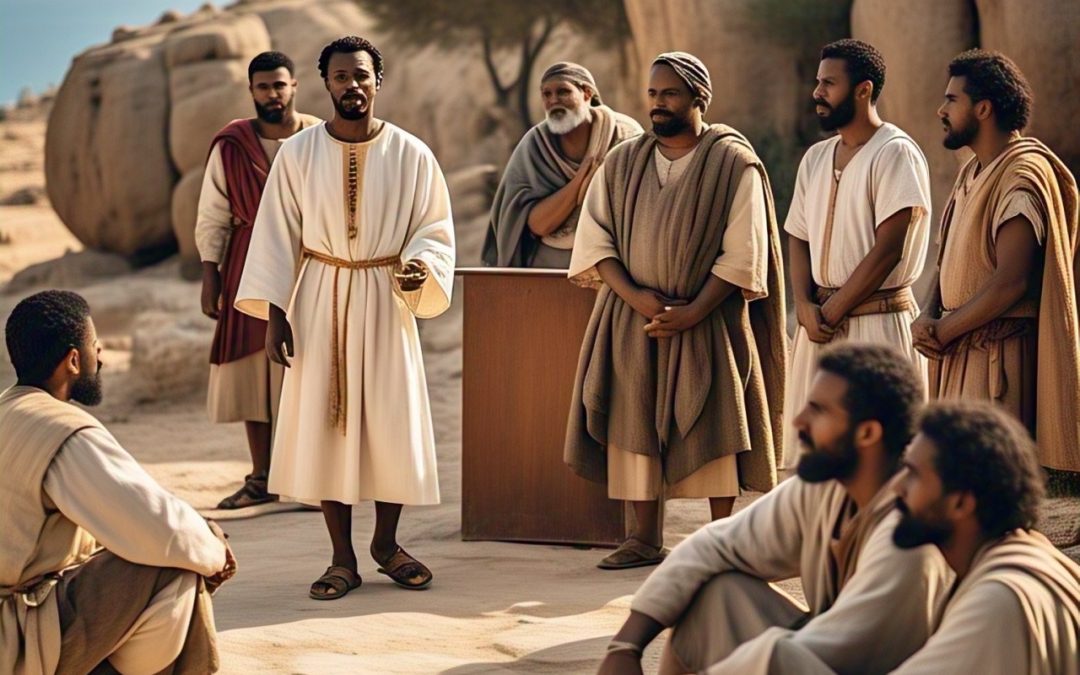The resurrection of Jesus Christ represents more than a personal victory over individual mortality; it constitutes God’s decisive triumph over death in all its forms throughout creation. This cosmic scope is essential to grasping Easter’s full significance. God’s victory extends to every dimension where death and chaos threaten God’s good creation.
Scripture consistently presents death as a multifaceted reality. Beyond biological cessation, death manifests as relational breakdown, ecological degradation, systemic injustice, and spiritual alienation. These are not separate problems but interconnected expressions of creation’s bondage to decay (Romans 8:21). Death represents the undoing of God’s creative ordering, the reversion toward chaos that threatens all levels of existence.
The resurrection thus announces that God’s redemptive purpose encompasses the entire created order. In Paul’s vision, Christ’s resurrection initiates a comprehensive restoration that ultimately includes “the redemption of our bodies” (Romans 8:23), the liberation of creation itself from decay, and the final defeat of death as “the last enemy” (1 Corinthians 15:26). This holistic scope appears likewise in Colossians, where Christ’s reconciling work extends to “all things, whether on earth or in heaven” (Colossians 1:20).
What makes this perspective revolutionary is its refusal to restrict its significance to individual salvation. God’s victory over death addresses every aspect of creation’s brokenness—physical bodies, ecological systems, social structures, and spiritual realities. No dimension of existence lies beyond resurrection’s transformative reach.
This comprehensive understanding challenges both reductionist views of salvation and the compartmentalization of faith. It affirms that God’s redemptive concern extends to economic systems, political structures, environmental degradation, and technological developments, not as separate concerns from spiritual matters but as integral aspects of creation’s movement from death to life.
The resurrection thus becomes not merely a past event or future hope but the defining reality that shapes Christian engagement with every dimension of creation. Wherever death and chaos threaten—whether in personal suffering, social injustice, or environmental degradation—the resurrection proclaims God’s intention and power to bring restoration and new life.
Prayer
Jesus our Lord, Redeemer of All,
We praise You that in Your resurrection, You have declared victory over death in all its forms. Your triumph extends to every corner of creation where chaos threatens Your good purposes.
Forgive us for compartmentalizing our faith and limiting the scope of Your redemptive power. We often reduce salvation to spiritual matters alone, failing to recognize Your concern for bodies, relationships, systems, and the entire created order. Expand our vision to see the comprehensive nature of Your victory over death.
Where biological death brings grief, assure us of Your promise of bodily resurrection. Where social systems perpetuate injustice and oppression, empower us to embody resurrection hope through works of justice and reconciliation. Where environmental degradation threatens Your creation, guide us toward practices that nurture rather than exploit the earth.
Give us courage to confront death in all its manifestations, knowing that Your resurrection power works comprehensively to restore all that is broken. Help us resist the temptation to surrender any aspect of creation to chaos as though it lay beyond Your redemptive concern.
When we face seemingly insurmountable challenges—disease, injustice, ecological crisis, or spiritual darkness—remind us that these too fall within the scope of Your Easter victory. Nothing in all creation can separate us from Your love or lie beyond Your power to make all things new.
Hear us Lord Jesus Christ, the firstfruits of the new creation, in whom all things in heaven and on earth are being reconciled.
Amen.


Recent Comments